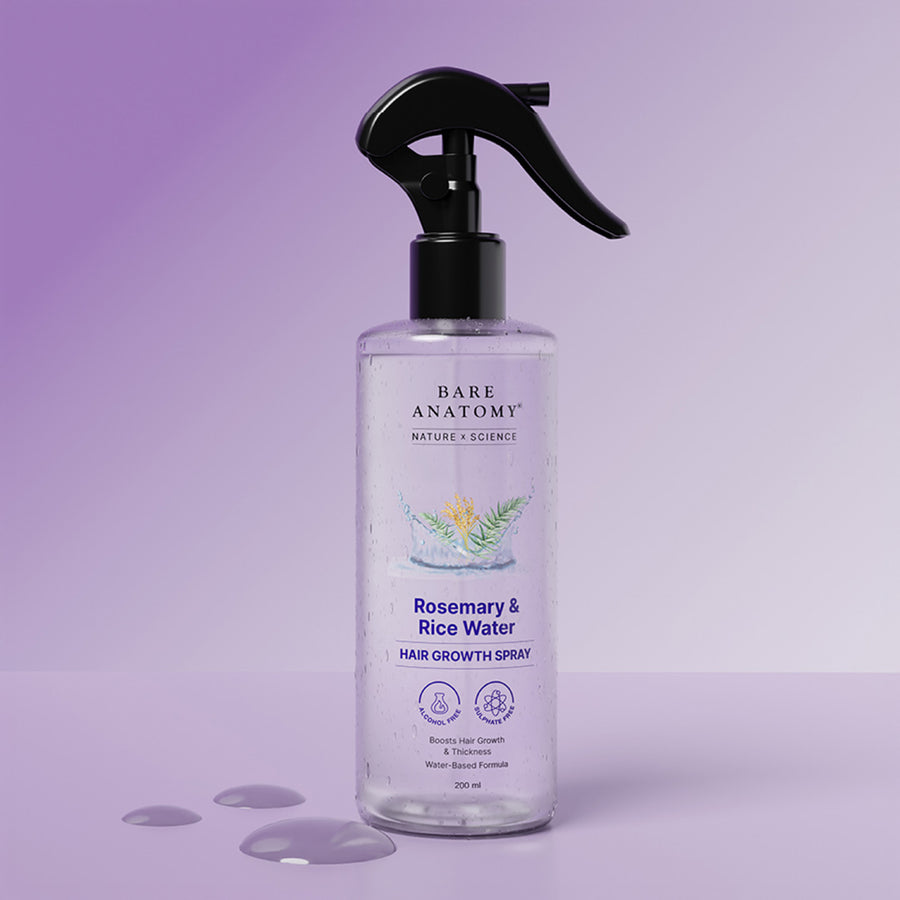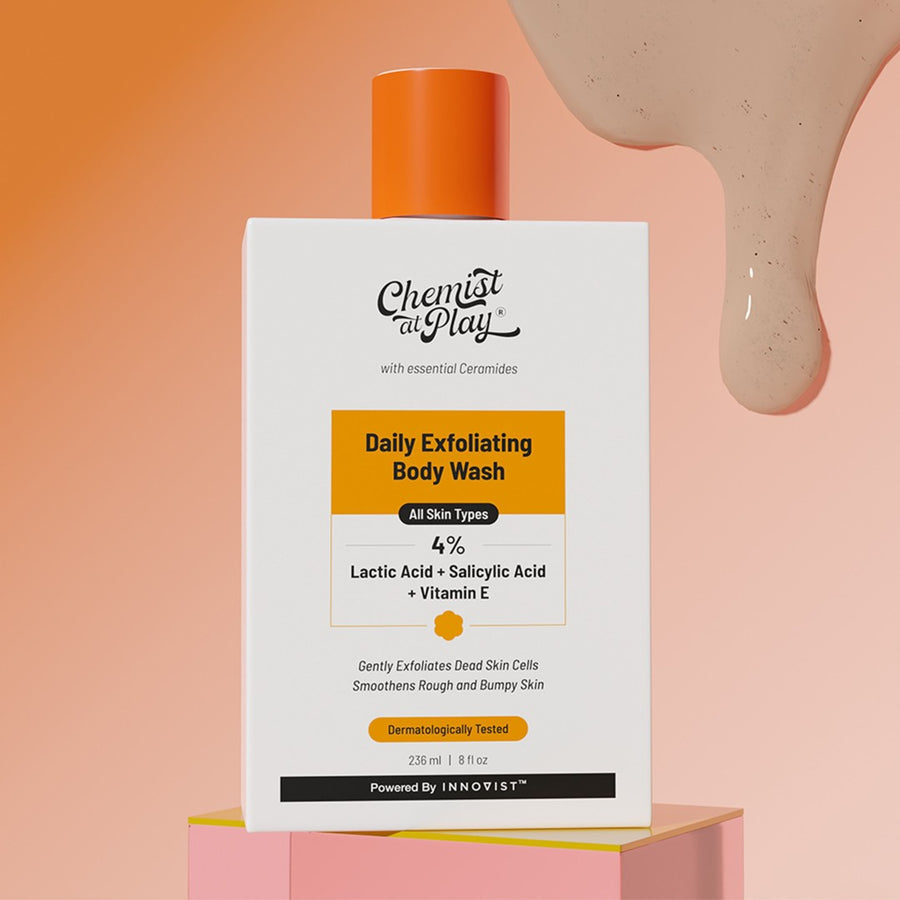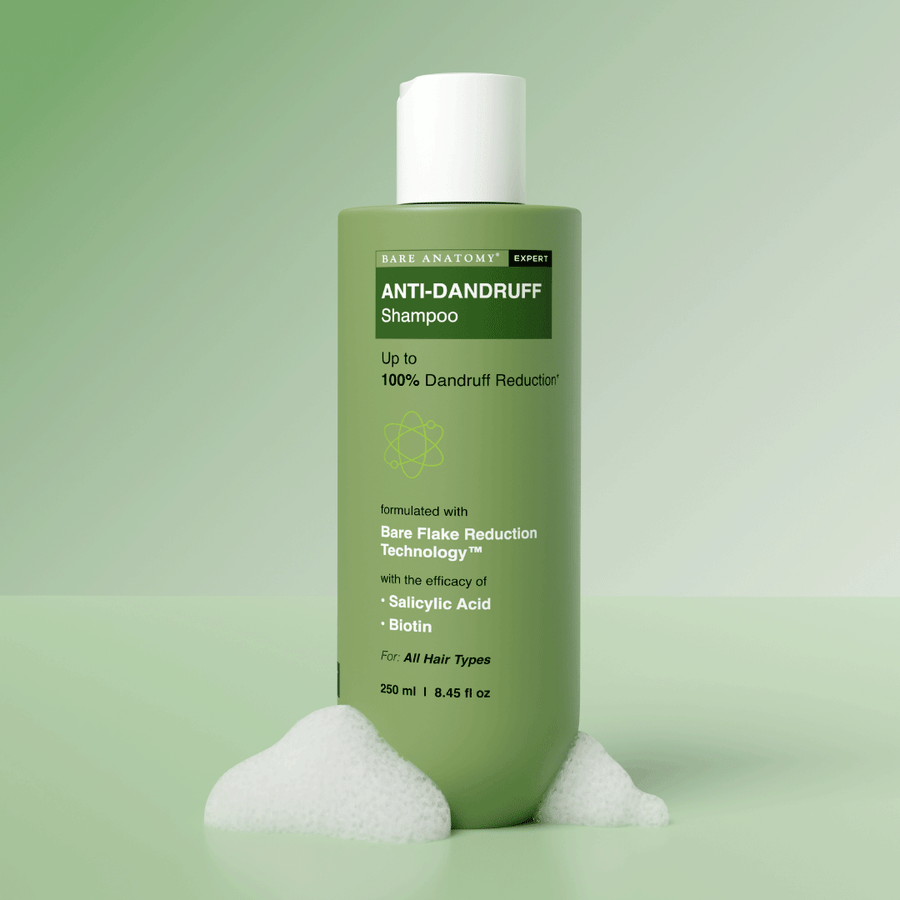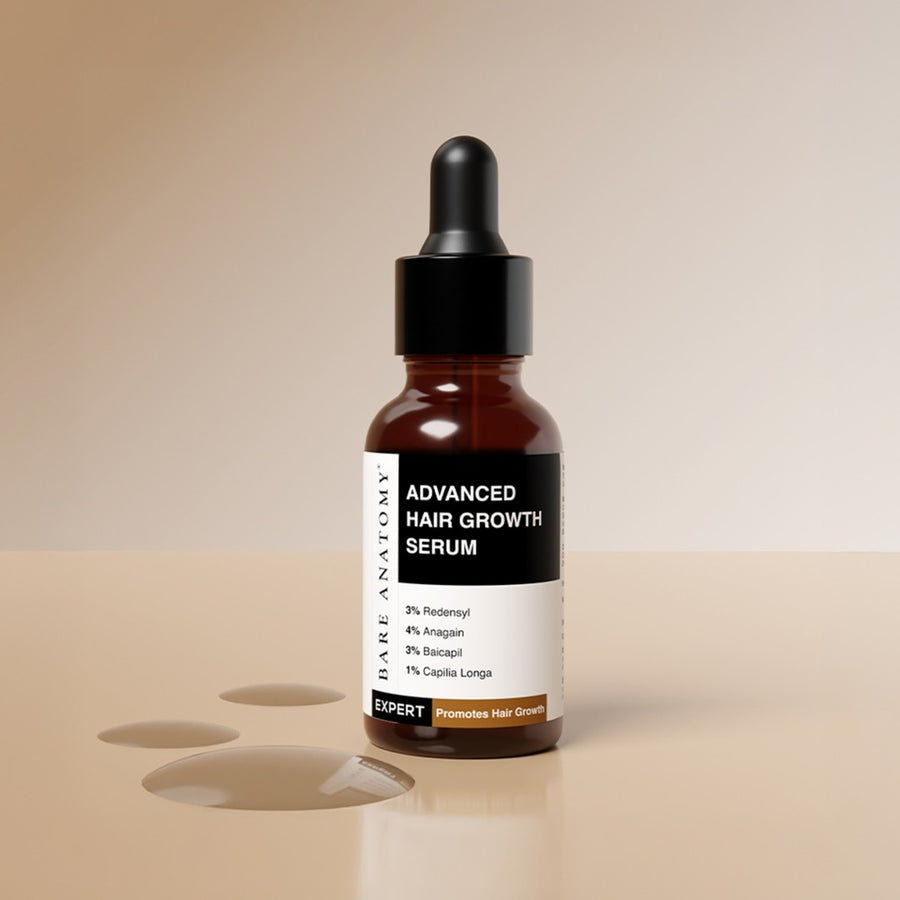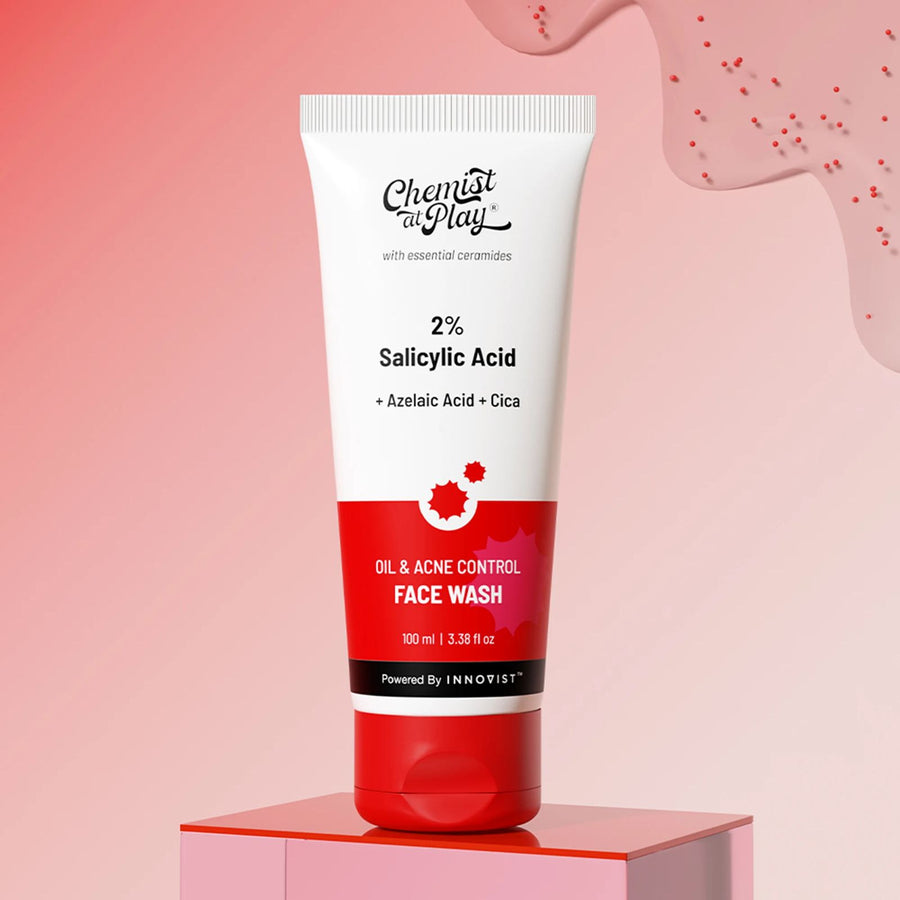
Benefits Of Niacinamide For Our Skin
Over the past year, Niacinamide has turned out to be one of the most popular skincare ingredients. It has become a holy grail solution for so many skincare fanatics, mostly fueled by the influx of maskne and stress related breakouts.
What Is Niacinamide?
Niacinamide, popularly known as nicotinamide is a type of vitamin B3 nutrient. It is one of the most effective components that acts as an agent to repair the skin affected by acne and reduce the infection in the pores.
It is normally used for improving skin health by treating certain conditions like acne, hyperpigmentation, and eczema. Some people think that both niacin and niacinamide are the same. But in reality, they are two different vital nutrients of vitamin B3.
[product-cta]
[product-cta-end]
Consuming niacin supplements can also improve the production of niacinamide in the body. They are available in the form of health supplements and also as creams for topical applications.
But if you are on the lookout for a serum, then we've got you! Try the Chemist At Play Hydrating Face Serum and we bet your skin will look so pretty and plump!

Benefits Of Niacinamide
By now, we bet you are already thinking of trying this skin-loving ingredient too. But if you still need any more reasons why your skin deserves the benefits it has to offer, then keep on reading:
-
- It improves the production of keratin, a protein substance that is responsible for keeping the skin firm and healthy,
- It allows the skin to form a ceramide barrier that locks the moisture within the skin.
- Reduces all types of inflammation and particularly useful in treating acne or other blemishes.
- It also regulates the production of sebum and protects the skin against sun damage that might result in hyperpigmentation.
- Niacinamide also reduces wrinkles, fine lines and treats acne simultaneously by providing a complete skincare treatment.
Who Should Use Niacinamide?
Since it is so gentle on the skin, anyone can use it. It is a great skincare addition to try, especially if you have sensitive skin.
After cleansing and toning your face, dab a few drops into your skin, let it absorb nicely and then apply your moisturiser.
It is great to fade away acne or other facial scars, blur out pores, reduce inflammation and to even out the skin tone.
How To Use Niacinamide
Niacinamide is a popular skincare ingredient that is used in many skincare essentials such as creams, toners and serums.
You can either enjoy its benefits in one of these products or buy an ingredient-led product such as a niacinamide serum.
Apply a few drops after cleaning & toning but before moisturising.
Use it at least twice daily for the best results.
You can also layer it with other skincare ingredients such as Vitamin C serum to brighten your skin.
FAQs about Benefits Of Niacinamide For Our Skin.
-
Can I use Niacinamide serum every day?
Yes, in fact, Niacinamide serum can be easily used twice a day, every day! This is because Niacinamide is well-tolerated by most skin types. Moreover, Niacinamide can be worn in almost all seasons and proves to be particularly helpful during the dry winters where it helps keep the skin moisturized.
-
Can Niacinamide lighten skin?
Clinical studies have proven that Niacinamide can help reduce hyperpigmentation to a significant level. Besides, it offers increased skin lightness, after just four weeks of regular use. It does so by inhibiting melanosome transfer from melanocytes to keratinocytes.
-
Which is better Retinol or Niacinamide?
While both compounds have similar benefits for the skin, Retinol is relatively stronger than niacinamide. It is for this reason, that retinol causes irritation, redness, and dry skin in some users. To enjoy the benefits of both, it is recommended to pair the two ingredients. Doing so ensures that Niacinamide helps keep the skin hydrated, thereby reducing the side effects of dryness and irritation caused by retinol.
-
What should you not mix with niacinamide?
While you may use both Niacinamide and Vitamin C in your skincare routine, it’d be ideal not to use them right after one another, as these antioxidants aren’t highly compatible with each other.
-
Is niacinamide better in the morning or night?
One can conveniently use Niacinamide serum in their morning as well as night-time skincare regime.















